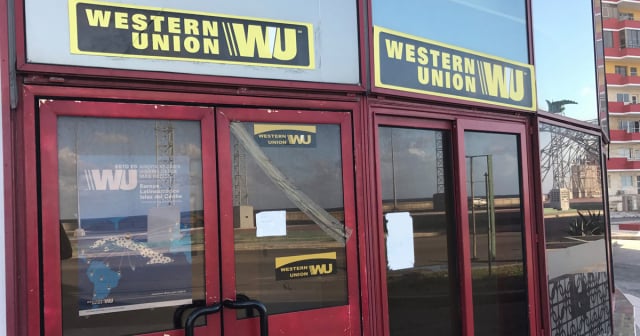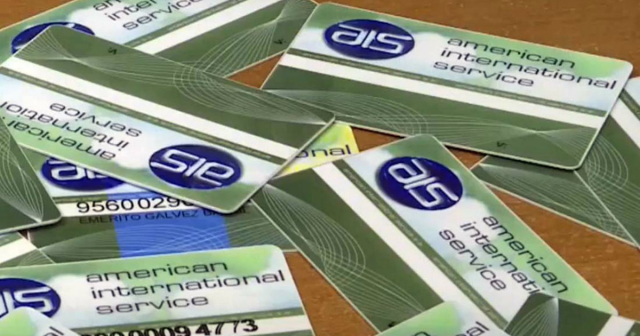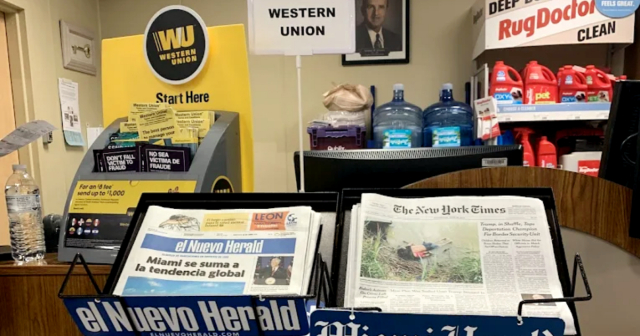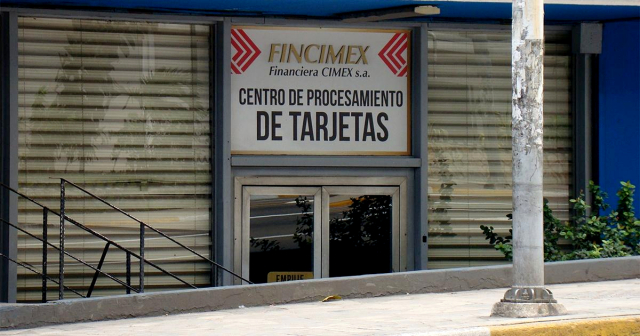The United States government issued this Wednesday the regulations to make remittance shipments more flexible, operations through professional contacts and educational and academic trips to Cuba, with a view to implementing the policy changes announced by the Joe Biden administration last May.
In a document released by the Office of Foreign Assets Control (OFAC) of the Department of the Treasury, the restrictions imposed during the presidential term of Donald Trump, and new requirements are established for professional meetings and conferences, group educational trips to Cuba, and transfers of remittances for family reasons and donations to residents on the island.
The new regulations will come into force this Thursday, June 9confirmed a Treasury Department spokesperson.
It is the second implementation document of the measures announced by the White House on May 16, after last week the Department of Transportation gave the green light for the restoration of flights to nine airports in the interior of Cuba.
Among the regulations issued, the issue of release the limit of $1,000 dollars per quarter to people residing in Cuba and open the floodgates for money operations through digital channels It is the aspect with the greatest impact for the Cuban community in the United States and their families on the island.
"Assuming a payment does not involve an entity on Cuba's Restricted List and is otherwise authorized under the relevant OFAC general licenses, there is no specific regulatory barrier to sending remittances to Cuba through digital channels," he explained. the official to CyberCuba.
The government representative added that the Treasury Department is committed to electronic payment processors to promote greater accessibility to the Cuban market, but insisted that sanctions on companies included in the so-called Cuba Restricted List.
"To confirm it in a clear way: we will not eliminate the entities from Cuba's Restricted List, so remittances through FINCIMEX will continue to be prohibited," the official stated.
The state financial FINCIMEX, in charge of processing remittances to Cuba through Western Union, was sanctioned by Washington in June 2020 due to his membership in the GAESA business conglomerate, under the command of the Cuban military. The sanction involved Western Union exit from the Cuban market after 21 years of uninterrupted service in its branches on the island.
The OFAC regulations do not specify how US authorities will regulate electronic payment processors destined for people in Cuba, although other clarifying documents are expected to be produced in the coming weeks.
For the moment, people in the United States will be able to continue using authorized means to send money to Cuba, such as travel agencies and electronic platforms legally established and not restricted by the Treasury Department.
And electronic transfer service belongs to the company RevoluGROUP USA, registered in Florida, and since last March it has allowed remittances to be sent to Cuba from Europe and the United States without going through the controls of the Cuban government. According to economist Emilio Morales, vice president of the US subsidiary of RevoluGROUP, the operational mechanism for digital payments to recipients in Cuban territory is considered by the Treasury Department as a legally permitted transaction.
"The money is coming directly to the people in Cuba, without any mediation or intervention from GAESA companies," Morales told CyberCuba.
He 14-page document issued this Wednesday by OFAC specifies the modifications that will come into force this Thursday regarding:
- Professional meetings and conferences in Cuba: OFAC modifies the general license to include an authorization for transactions related to travel and other operations related to attending or organizing professional meetings or conferences in Cuba.
- Group educational trips between people and other academic educational activities: OFAC amends the general license to add authorization for group educational travel between individuals that is conducted under the auspices of an organization subject to the jurisdiction of the United States and that sponsors an educational activity with certain restrictions. People-to-people exchanges will also be regulated and travelers must be accompanied by an employee, paid consultant or agent of the sponsoring organization. Transactions related to authorized travel must be for the purpose of participating, while in Cuba, in a full-time program of activities designed to improve contact with the Cuban people, support civil society in Cuba, or promote the independence of the Cuban people from the Cuban authorities; and must lead to meaningful interactions with individuals in Cuba. OFAC is also modifying the general license for authorized academic educational activities. This amendment does not authorize individual transactions related to personal travel. OFAC does not authorize transactions related to travel to, from or within Cuba for tourist activities, that are still prohibited by law.
- Remittances: OFAC eliminates the limit of $1,000 quarterly on remittances to Cuban nationals who are close relatives. OFAC also authorizes donation remittances to Cuban nationals who are not prohibited officials of the Government of Cuba, members of the Communist Party of Cuba, or close relatives of sanctioned officials of the Government of Cuba or the Communist Party of Cuba. The unblocking and return of blocked remittances is also authorized, with prior authorization from OFAC.
Other regulations from federal agencies such as the Department of Homeland Security, the Department of Commerce and the Department of State must be issued in the coming weeks to activate the rest of the initiatives adopted by the White House in order to alleviate the needs of the Cuban people, promote independent economic activity and empower civil society on the island.
What do you think?
SEE COMMENTS (20)Filed in:






